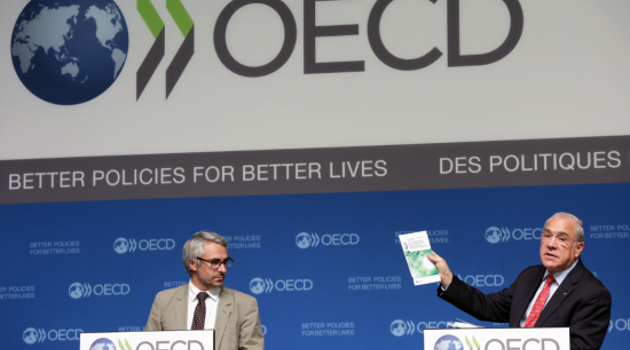
by Dan Mitchell | Oct 20, 2018 | Blogs, Tax Competition, Taxation
If you live in Illinois or California and you’re sick and tired of high taxes and crummy government, should you have the freedom to move to a state with no income tax, such as Florida or Texas? The answer is yes (though Walter Williams joked that leftist politicians...

by Dan Mitchell | Oct 6, 2018 | Blogs, Tax Competition, Taxation
Back in April, I chatted with Stuart Varney about how some states were in deep trouble because they were being squeezed by having to finance huge unfunded liabilities for bureaucrats, yet they were constrained by the fact that taxpayers have the freedom to move when...

by Dan Mitchell | Aug 12, 2018 | Blogs, Tax Competition, Taxation
Two months ago, I shared some data on private gun ownership in the United States and declared that those numbers generated “The Most Enjoyable Graph of 2018.” Now I have something even better because it confirms my hypothesis about tax competition being the most...

by Dan Mitchell | Jul 27, 2018 | Blogs, Tax Competition, Taxation
I generally don’t chortle with joy when I read the Washington Post. This is the newspaper, after all, that often slants the news in ways that irk me. Deceptive reporting about Medicaid. Deceptive reporting about the budget. Deceptive reporting about Obamacare....

by Dan Mitchell | Jul 2, 2018 | Big Government, Blogs, Taxation
New Jersey is a fiscal disaster area. It’s in last place in the Tax Foundation’s index that measures a state’s business tax climate. It’s tied for last place in the Mercatus Center’s ranking of state fiscal conditions. And it ranks in the bottom-10 in measures...






